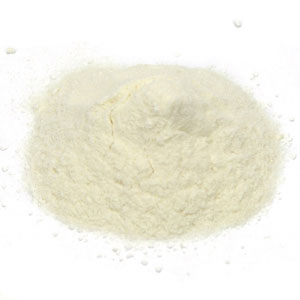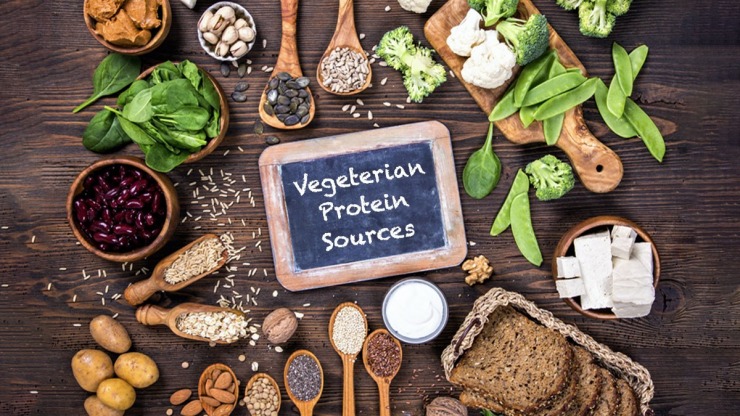
Its good reputation was enhanced when its composition was studied and analysed.
What makes it superior, then, seems to be the so-called BCAAs, i.e. the three Branched Chain Amino Acids (leucine, valine and isoleucine), which are the main components of our muscle proteins and are considered essential for the maintenance of muscle tissue, glycogen stores (an important source of energy) and the creation of muscle mass. It is worth noting that these amino acids cannot be produced by the human body, so athletes (a group with increased demands) turn to corresponding supplements.
As other research suggests, this is actually the increased ability of whey protein to improve our metabolic functions and reduce body fat compared to other protein foods, such as beef or chicken.
Whey protein is also used against allergies, asthma, high cholesterol, obesity and weight loss, prevention of allergies in infants, terminal cancer.
It is a source of protein that could improve the nutrient content of a diet, as well as having a positive effect on the immune system.
Whey is a by-product of the cheese production process.
After skimming the cheese, a residue remains which is called colostrum.
After intensive, multiple filtering of colostrum, a very special protein is created: whey.
Whey is completely soluble and has a particularly high biological value.
Whey protein (Biological) | Properties: Whey protein is used to improve athletic performance, as a dietary supplement, as an alternative to milk for lactose intolerant individuals, to replace or supplement milk-based infant formulas, and to prevent weight loss and increase glutathione (GSH) in people with HIV disease.






